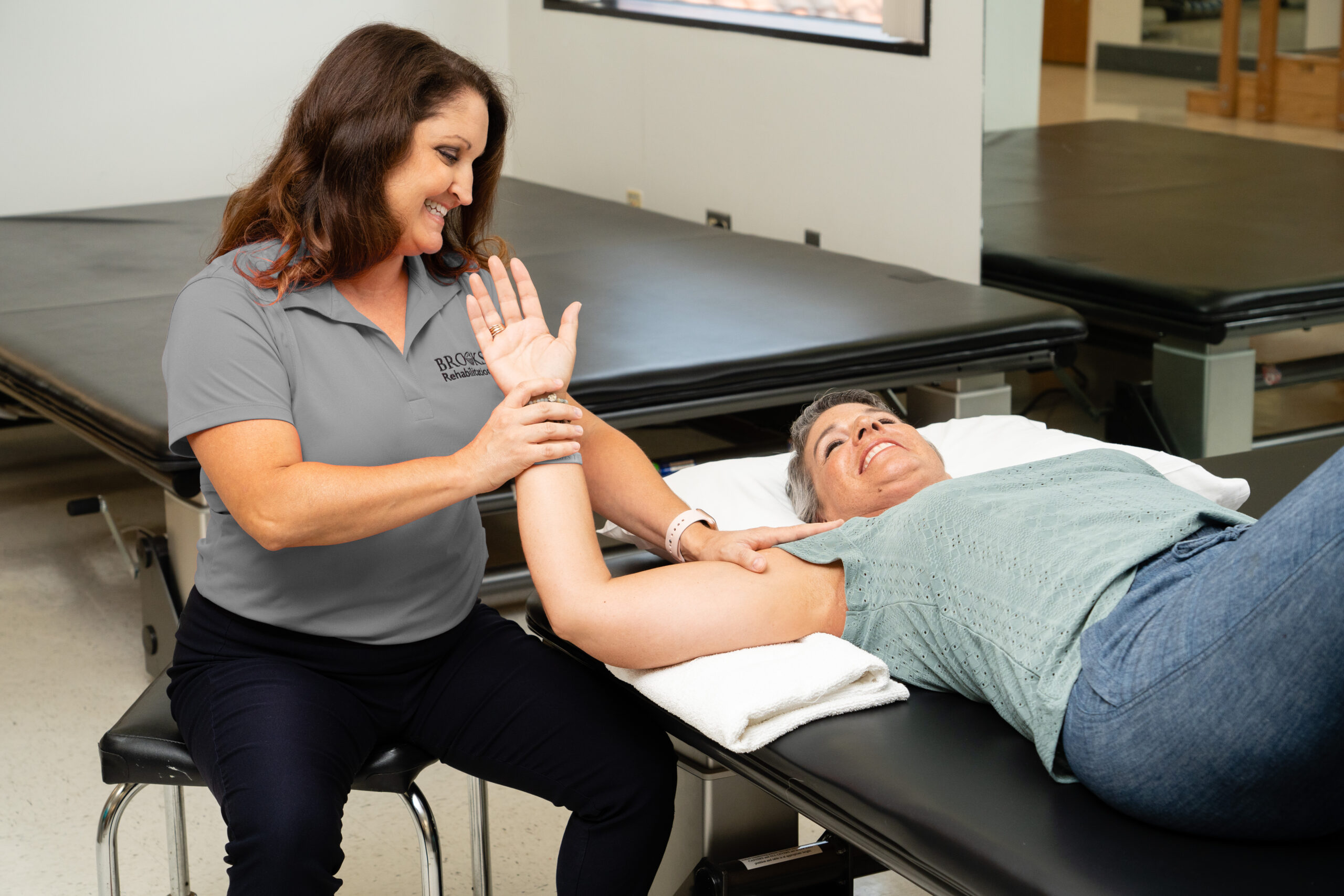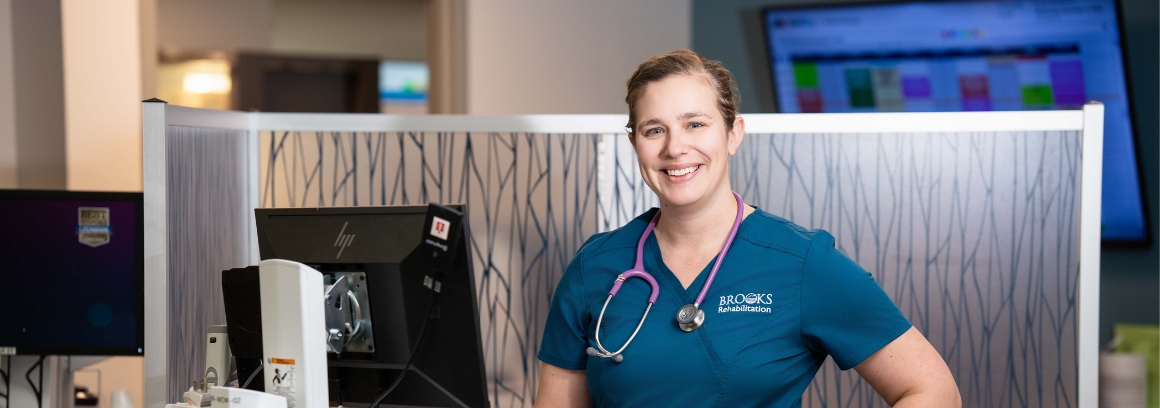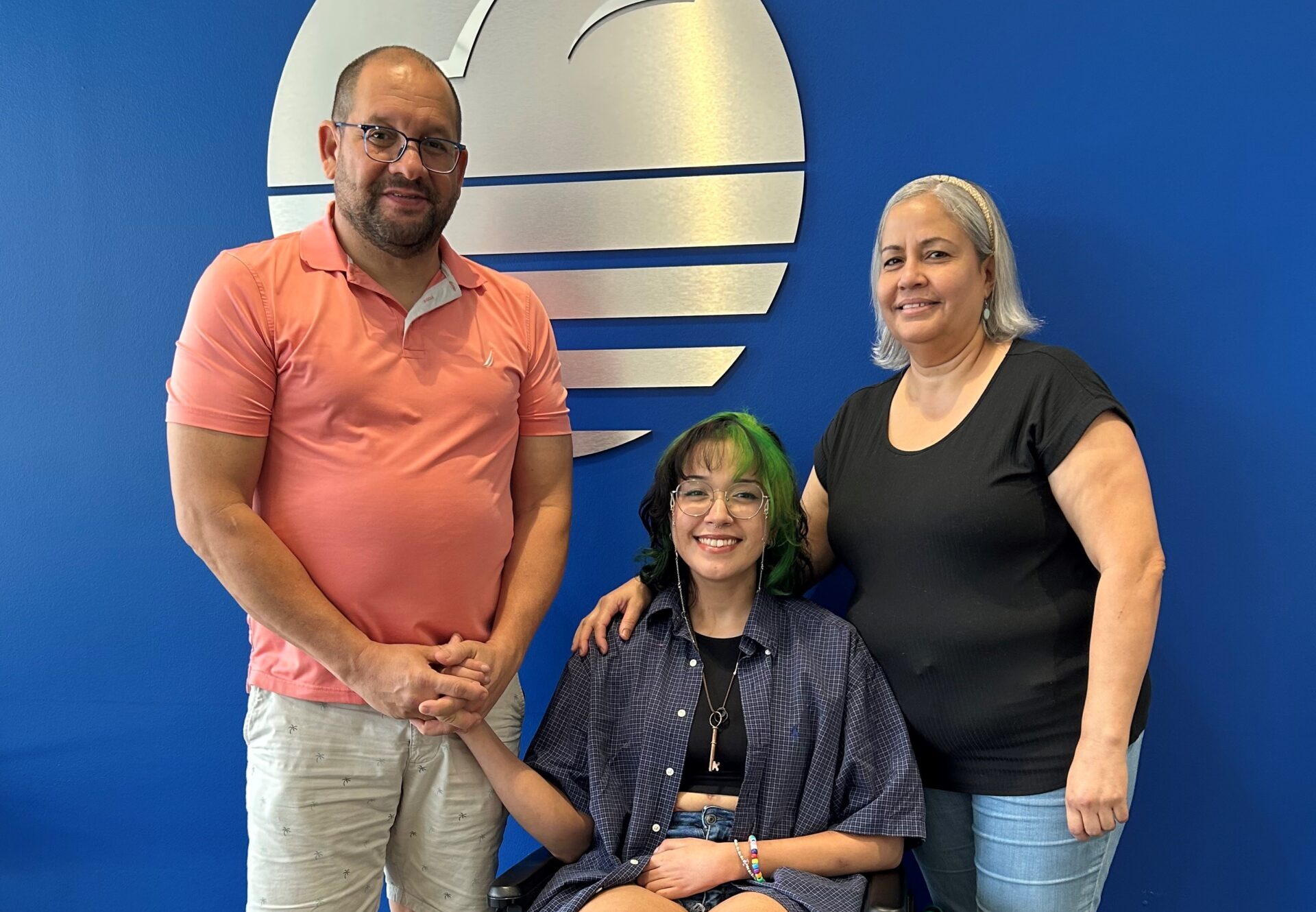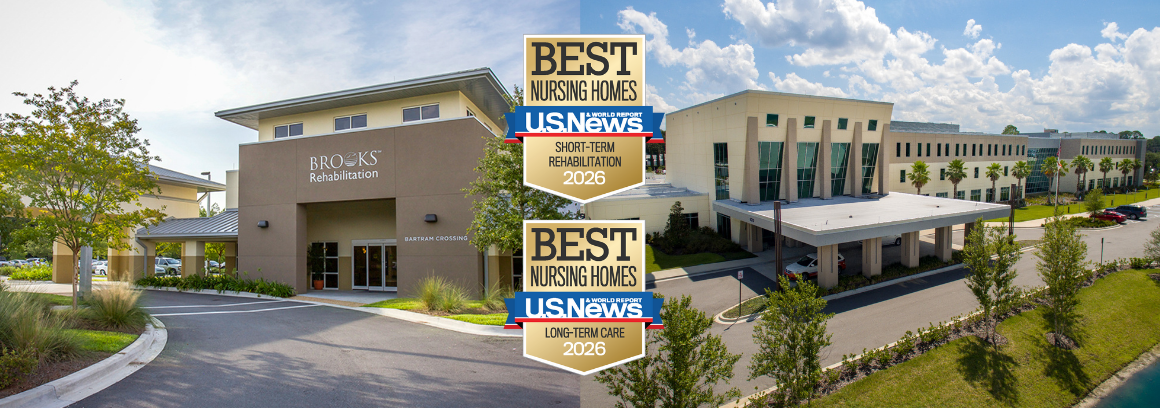What Is a Brain Tumor?
A brain tumor is an unexpected growth of cells that isn’t part of the brain’s natural structure. Treatments include removing it and preventing the tumor from coming back. But these therapies can have side effects, affecting the way you think, move and feel. Rehabilitation helps optimize your abilities and independence before, during or after treatment.
Types of Brain Tumors
Not all brain tumors are cancerous. Some start in the brain (primary brain tumor). Others spread to the brain from cancer elsewhere in the body.
There are many types, including:
- Astrocytoma begins in star-shaped brain cells called astrocytes.
- Ependymoma is rare and found in the lining of the brain or spinal cord.
- Glioblastoma is a fast-growing cancer that starts in the supportive tissue of the brain.
- Meningioma arises from the membranes covering the brain and spinal cord.
- Oligodendroglioma develops from cells forming a substance that insulates the nerve fibers (myelin).
- Pituitary tumor grows near the base of the brain and can affect hormones and vision.
- Schwannoma starts in the nerves, often affecting balance or hearing.
Brain Tumor Treatment
The goal of treatment is to remove as much of the tumor as possible and prevent it from growing or spreading.
Your care may include several treatments, such as:
- Surgery to remove as much of the tumor as safely possible
- Radiation therapy, which uses focused energy to destroy tumor cells or shrink tumors
- Chemotherapy, which involves powerful drugs to kill tumor cells or slow their growth
- Targeted therapy to halt specific changes in tumor cells and prevent them from growing
- Immunotherapy to help your immune system recognize and attack tumor cells
- Steroid therapy to reduce swelling in the brain, which helps relieve pressure
Brain Tumor Side Effects
Brain tumor treatment can lead to a variety of side effects. Tumors that grow large enough to press on nearby structures can also cause issues.
Brain tumor side effects include:
- Cognitive changes, such as difficulty with memory, concentration or problem-solving
- Difficulty swallowing
- Fatigue
- Headaches or dizziness
- Movement or coordination problems
- Seizures
- Speech or communication difficulties, including difficulty finding words
- Vision changes
Rehabilitation for Brain Tumors
At Brooks, therapists experienced in brain injury and cancer rehabilitation work closely with skilled medical providers to address brain tumor side effects.
Your care may include:
- Occupational therapy to make daily activities like bathing, dressing or cooking a little easier
- Physical therapy to restore strength, balance, coordination and stamina
- Speech therapy to optimize thinking, memory, problem-solving and communication
Rehabilitation Settings and Specialized Services
Brooks has the expertise and resources to support even the most medically complex brain tumor cases with services that include:
- Inpatient rehabilitation offers 24/7 medical care and intensive therapy from a team experienced in brain injury and cancer-related needs.
- Skilled nursing facilities provide daily therapy and medical oversight for people who need more recovery time before going home or to a less intensive setting.
- Brain Injury Day Treatment Program offers an 8–12-week program with six hours of therapy per day, five days a week. It includes a broad range of rehabilitative therapies, as well as psychology, in a combination of small group and one-on-one sessions.
- Outpatient cancer rehabilitation helps you continue building strength and skills after inpatient or day treatment, so you can keep making progress toward your goals.
- Community programs keep you active, engaged and socially connected after formal therapy ends. Find out more about our Brain Injury Clubhouse and adaptive sports and recreation programs.
Why Choose Brooks for Brain Tumor Rehabilitation?
At Brooks, you benefit from the expertise and resources of our comprehensive Brain Tumor Rehabilitation Program. Our program focuses on quality of life, promoting independence, and improving functional outcomes.
Highlights of our program include:
- Specialized care for complex cases: Many patients come to Brooks with serious medical issues, like seizures, infection risk after surgery or complications from steroids, such as elevated blood sugar. Our team includes on-site physical medicine and rehabilitation physicians, neurologists and other medical specialists who manage these conditions, so you can safely participate in rehabilitation.
- Cancer rehabilitation navigator: Our navigator serves as a liaison between your cancer care providers and the Brooks rehab team. They coordinate schedules so therapy aligns with your treatment plan. On-site labs and imaging make it easier to get needed tests without delaying care, so your rehabilitation stays on track.
- Patient and family support: The changes that come with a brain tumor can affect your whole family. Caring staff offer guidance, emotional support and practical solutions that make every day a little easier. From navigating new routines to connecting with helpful resources, we’re here to help.
FAQs About Cancer Rehabilitation for Brain Tumors
Cancer treatments like chemotherapy often affect memory, focus and other side effects known as “chemo brain.” At Brooks, neuropsychologists and speech therapists assess these changes and work with your therapy team to create strategies to relieve them. You undergo specialized speech therapy to sharpen skills like attention, organization and problem-solving.
Brain tumors and treatments can affect your balance system. Brooks is home to therapists specializing in balance and vestibular therapy. This service uses balance training and specialized equipment to help you feel steadier, reduce dizziness and lower your risk of falls.
No. Rehab can help ease many brain tumor side effects, even if you haven’t had surgery. Whether it’s fatigue, balance problems, nerve issues or cognitive changes, we can help you feel more like yourself. Our team personalizes therapy to your needs so you can stay active and independent throughout treatment and recovery.
Request Care at Brooks
Find out more about becoming a patient and learn about cancer rehabilitation for brain tumors.Latest News and Health Resources
Education and guidance to support your recovery
Jacksonville University and Brooks Rehabilitation Launch Workforce Partnership for Nursing Students
Jacksonville University and Brooks Rehabilitation have established a new scholarship designed to support high-performing nursing students and strengthen the region’s clinical...




